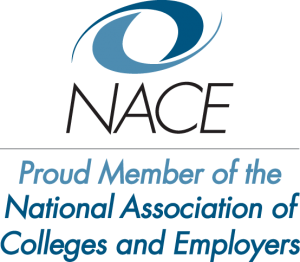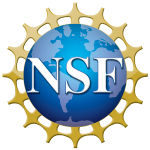Have you heard of the Last Lecture? College professors are asked to think about what matters deeply to them and give a hypothetical “last talk” – what final words of wisdom do they want to share?
As a long-time college professor, I’ve always understood that the flip-side of teaching is learning – and it is less important to know what we teach than it is to understand what students learn. And that got me thinking about what should be a college student’s last lesson.
The Problem
I serve as a department chair in management, and here is something that has grown to be a regular “hassle.” For a variety of reasons, multiple students reach their (hopefully) final semester of college but find they are a short a required course for graduation. So they come to me for help. I give them our solution – they can complete an independent study project, requiring them to find an instructor who will supervise the writing of a research paper, the equivalent of the classic “term paper.” But they will return to me and say they cannot find someone to supervise their paper. As department chair with a commitment to helping our students graduate, I find myself supervising half-a-dozen students writing a research paper on a topic that they have no interest in other than it being a means to an end.
And that got me thinking about what becomes these students’ last lesson?
The Solution
This spring I found a solution. Just as college students can somehow slip through the cracks and make it to their last semester without crucial graduation, they can also make it to that point without really knowing “what they want to be when they grow up.” Not surprisingly, research reveals that young adults change jobs seven times in their 20s. And an across-the-board failure of higher education is not to provide their students with personal and occupational information to inform better career decisions.
But what if there was one last lesson?
PathwayU provides an integrated software platform that uses validated assessments and predictive analytics to help students find their purpose and link that purpose to vocational choice. PathwayU comes with a 38-page workbook (Discern Your Calling), authored by Dr. Bryan Dik, that guides students through the process of taking their PathwayU career assessments and working through a series of reflections, career exploration, and journaling, culminating in the user:
- Understanding their purpose
- Making an informed choice of an occupation that will allow you to live that purpose
- An understanding of their gifts and how that translates to the world of work
- A “personal board of advisors” to help them through the job search.
- A clear plan for “next steps” in pursuing their purpose through work.

The workbook combines the best of empirically-supported assessments and matching with best practices in career guidance to empower the PathwayU commitment to helping students live a life of purpose.
Summary of the Last Lesson
The last lesson? Instead of writing a disengaged research paper, students complete a highly personalized guided experience that will set them up for career success. To meet department requirements for credit hours, workbook completion is paired with several other valuable developmental experiences such as attending a career fair to meet employers and conducting several informational interviews based on their career choices.
I am piloting this solution this semester. While it is too early to see the results, I know that given the choice, all students chose the workbook over the writing assignment.
The End
The Last Lecture is also the title of a best-selling book by deceased Carnegie Mellon Professor Randy Pausch. Dr. Pausch’s Last Lesson is powerful in large part because he found out he was actually dying after he committed to the lecture. His final words to students that day ring equally true for students finishing college and approaching their Last Lesson: “It’s not about how to achieve your dreams, it’s about how to lead your life. If you lead your life the right way, the karma will take care of itself, the dreams will come to you.”







